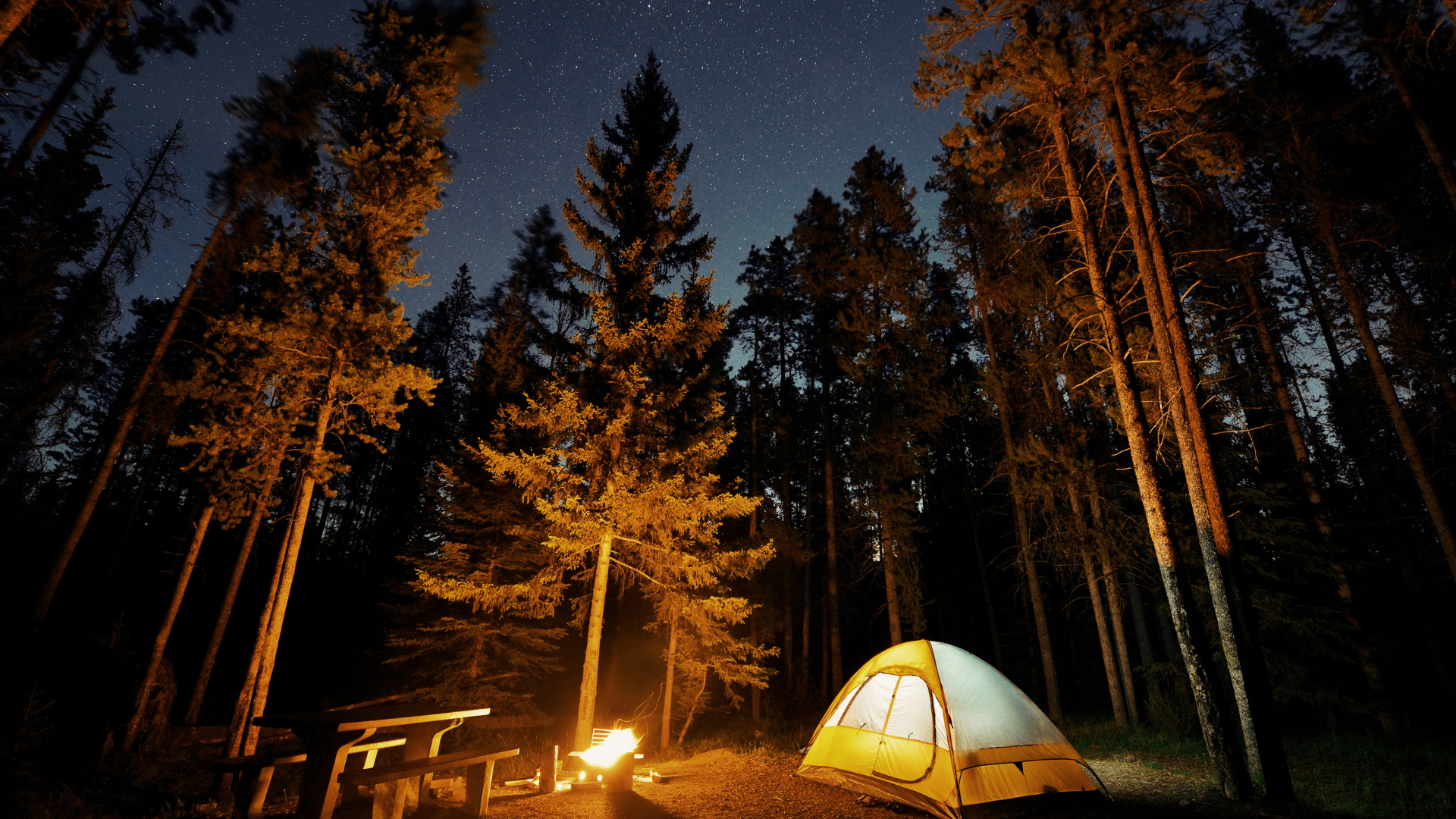When camping in the great outdoors, it’s essential to be aware of the potential dangers and take steps to stay safe. Here are some tips to help you have a safe and enjoyable camping trip:
Choose a safe campsite
When picking a spot to set up camp, look for a level area free of debris. If you have a truck or a similarly large vehicle, you can avoid the problem of debris altogether. By getting an overland tent or an awning from here or a similar website, you could camp virtually anywhere your truck is able to go, and be safe from any potential danger. Also, try to avoid camping near bodies of water, steep slopes, or areas with loose rocks or logs.
Be prepared for the weather
Check the forecast before you head out so you can pack appropriate clothing and gear. Be aware of the signs of hypothermia and take steps to prevent it, such as dressing in layers and staying dry.
Don’t leave food out
Bears and other animals are attracted to the smell of food, so be sure to store all of your food and garbage in a cool, dry place.
Carry the right equipment.
Depending on the activities that you plan on doing during your trip, it’s important that you have the right safety gear and equipment. For instance, if game hunting is on your agenda, it would make sense to buy air rifles in West London (if that’s where you live) prior to your trip. Similarly, if you’re planning on canoeing or kayaking, carrying life jackets would be a smart move.
Be careful with fire
Make sure your campfire is extinguished before you go.
Pick a safe camping spot.
When planning to camp in an area, you are unfamiliar with, it is important to take some time to research the area and find a safe spot to set up camp, The location of the campsite in relation to potential hazards. You want to avoid camping too close to areas that may be prone to flooding, landslides, or other natural disasters. The terrain of the campsite. You want to make sure the area is level and free of large rocks or other hazards that could pose a tripping risk. The proximity of the campsite to water. You will need a water source for drinking, cooking, and washing, so you want to ensure the campsite is close to a river, lake, or stream. The amount of sunlight the campsite receives. You want to ensure the campsite is in an area with plenty of sunlight during the day.
Be Croc-wise
Crocodiles are large, predatory reptiles that can pose a serious threat to humans. You can do several things to avoid being attacked by a crocodile: stay away from areas where they are known to live, and if you must enter crocodile territory, do so with caution and be aware of your surroundings at all times. Never approach or provoke a crocodile, as they are wild animals and can be dangerous; if a crocodile attacks you, fight back and try to escape.
Desert Outback Camping
In the far-flung reaches of the desert, a special kind of camping can be enjoyed. It’s a chance to get away from it all and experience the wilderness uniquely.
This type of camping is often referred to as “outback camping.” It’s a great way to explore the desert and see all it offers. There are many different types of outback camping, ranging from simple overnight camping to more extended stays. One of the great things about outback camping is that it allows you to get away from the hustle and bustle of everyday life. It’s a chance to slow down and appreciate the simple things in life. This type of camping can be a great way to connect with nature and feel at one with the world around you. It is definitely for you if you’re looking for an adventure. It’s a great way to explore the desert and learn more about this fascinating.
Beach Camping
Beach camping is the perfect way to relax and enjoy the incredible views. The sound of the waves crashing against the shore is so calming, and the smell of salt water is refreshing. Sleeping under the stars is an experience you’ll never forget. Few experiences can match the relaxation and rejuvenation of a weekend spent camping on the beach. There’s something about the sound of the waves crashing against the shore, the smell of salt in the air, and the feel of sand between your toes that just can’t be beaten.
Free Outback Camping
Outback camping is a great way to experience the Australian wilderness without spending money. You can find plenty of free camping spots throughout the outback, which makes it the perfect option for budget-minded travelers. There are a few things to keep in mind when camping in the outback, such as the need to be prepared for extreme weather conditions and be aware of the dangers of wildlife. But as long as you take the necessary precautions, outback camping can be an incredibly rewarding experience.
Animals and insects while camping
While camping, one should be aware of the various animals and insects that may be present. Some animals, such as bears and wolves, can be dangerous to humans, while others, such as deer and squirrels, are harmless. Insects, too, can also vary in their threat to humans, with some, like mosquitoes, being capable of carrying disease, while others, like ants, are merely nuisance pests. Knowing which animals and insects are present in an area and how to deal with them can help create a safe and enjoyable camping experience.







Leave A Comment